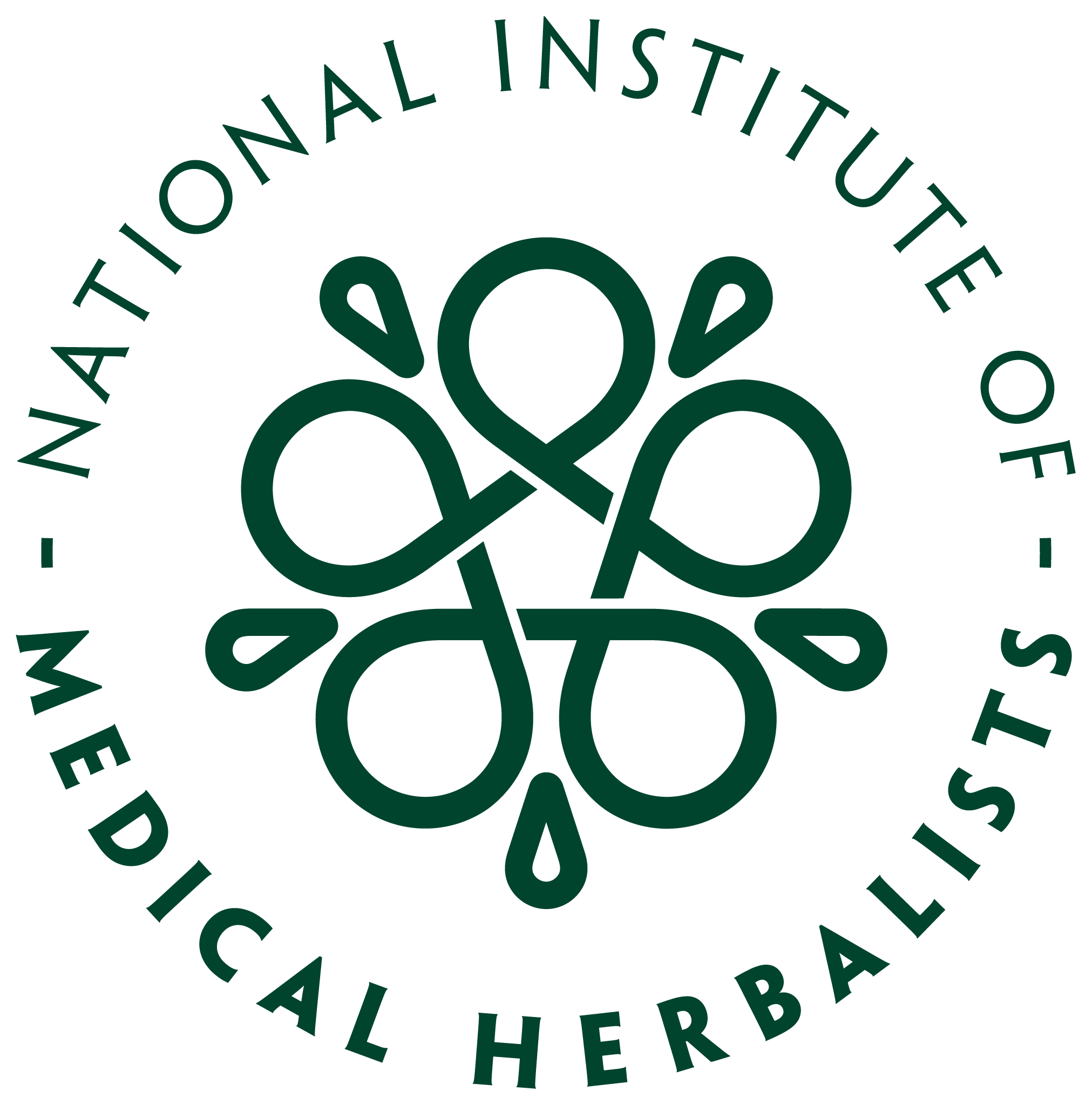
Glycyrrhiza glabra
Papilionaceae
- Jekkapedia
- Details
- Growing
- Medicinal
- Available as
- How to grow herbs
- Sustainability
Glycyrrhiza glabra, Liquorice
Family: Papilionaceae
Genus: Glycyrrhiza
• Hardiness: H6 (-15 to -20C)
• Type: Herbaceous Perennial
• Height: 1.5m
• Spread: 1-2m
Liquorice can be seen at the herb farm in Jekka's Herbetum and is available to buy as herb plants.
• Soil type: Fertile Loam
• pH: Universal pH
• Habit: Upright, Creeping
• Flowering colour: Pale Blue, Violet
• Flowering time: Summer after 7 years
• Uses: Culinary & Medicinal (Read Jekka's Guide To Culinary Herbs and Medicinal Herbs for more information)
• Attracts pollinators: No
• Container suitability: No
• UK native: No
• Caution: Do not take medicinally if pregnant or suffering from kidney disease.
• Propagation: Cuttings
• Maintenance: (See Jekka's Blogs on Early Spring, Late Spring, Summer and Autumn maintenance)
• Harvest: N/A
Already well-loved a sweet-tasting ingredient in confectionery, licorice root has been used medicinally for thousands of years. Often seen in Chinese medicine as harmonising the effects of other herbs, this traditional remedy has been used for chest complaints, digestive and stomach problems where its value in peptic ulcer is supported by modern research studies.
Widely used by many herbalists as a tonic for physical and emotional stress, licorice may have beneficial effects on hormonal balance, in particular the adrenal glands and for regulation of female hormonal levels.
A popular ingredient in many preparations for sore throats and coughs, its proposed anti-viral and anti-inflammatory properties also may also assist with some skin disorders and in promoting effective wound healing.

Caution: Should be avoided in people with high blood pressure as may raise blood pressure in high doses or with prolonged use. Not to be taken by those using diuretics, steroids or laxatives, and may cause diarrhoea in some people. Avoid in pregnancy.
Please note: The information provided here is for educational interest only and is not intended to be used to diagnose or treat significant health problems. Any serious or long-term health concerns should always be discussed with a healthcare professional.
See our blog for more information about the National Institute of Medical Herbalists
At Jekka’s we sell herbs in 1 Ltr and 2 Ltr pots. These are established and hardy herb plants that are grown following organic principals and to survive the UK climate. Please read Jekka's blog that contains her top steps to growing on your herbs.
There is also ‘Jekka’s Seasonal Tips’ series that covers growing and maintaining herbs in early spring, late spring, summer and autumn & winter. Together they form Jekka’s guide on how to grow herbs. For a hands-on herb experience, where you will learn how to grow herbs, check out our Master Classes.
Our herbs are designed to be grown in containers or planted in the garden. Although some herbs will be quite happy indoors, most prefer being outside. Please see our indoor growing blog for more information.
If you require pots or compost, we have developed Jekka's Herb Kits, which includes Jekka's "Grow On" Kit. These kits contain all you need to grow on your herbs.
If you think your herbs need a little more attention we always recommend an environmentally friendly solution, and these are Jekka's top three:
- Maxicrop liquid seaweed: 'Feed on Fridays' as Jekka always says for all round good plant health.
- SB Invigorator: a safe and effective insecticide and fungicide to help control a wide range of pest species
- Epsom salts: the horticultural equivalent of what you put in your bath that will top up the plant's magnesium and stop orange leaves.
Please note, the compost in Jekka's Kits will have enough natural food for approximately 6 weeks.
For more information on growing herbs plants please see Jekkapedia, Jekka's blog or our FAQs page.
Happy Herbs!
One of our three core roots is that we are Environmentally Conscious and for the past 30 years all the herbs grown at Jekka’s have been raised following sustainable, environmentally friendly and organic approaches resulting in a remarkable biodiversity at the herb farm.
Our herb seeds are also untreated and can be used to grow organic herb plants. Our seeds are hand packed into gassine bags, which are fully recyclable, compostable and biodegradable. These bags are then put into beautifully illustrated paper seed packets. Therefore, our environmental footprint is small.
Want to know more? You can read more about our sustainability approach to growing herbs in one of Jekka's Blogs. See also:
Previous Next



